I'm working on a contact-app for android with firebase and I want to read values (here: the users' profile) from a user in my database that matches a specified email.
I tried to design the query like shown in this answer: https://stackoverflow.com/a/39025129/8739722 but the problem is that I don't know how to apply this to my database-structure since I have another child (profile) in my user-structure.
My Nodes look like this:

My Rules look like this:
{
"rules": {
"users": {
"$uid": {
"profile": {
".read": "auth.uid != null",
".write": "auth.uid == $uid",
},
//...
},
}
I tried to query like this:
String email = "email_address_1";
Query q_1 = ref.child("users").child("profile").orderByChild("email").equalTo(email);
...resulting in a 'permission denied' error.
I also considered following queries but they have invalid syntax or try to perform multiple orderByChild-calls which is not allowed:
String email = "email_address_1";
Query q_2 = ref.child("users").orderByChild("profile").child("email").equalTo(email);
Query q_3 = ref.child("users").orderByChild("profile").orderByChild("email").equalTo(email);
How can I get the profile-information of the user with the matching email?